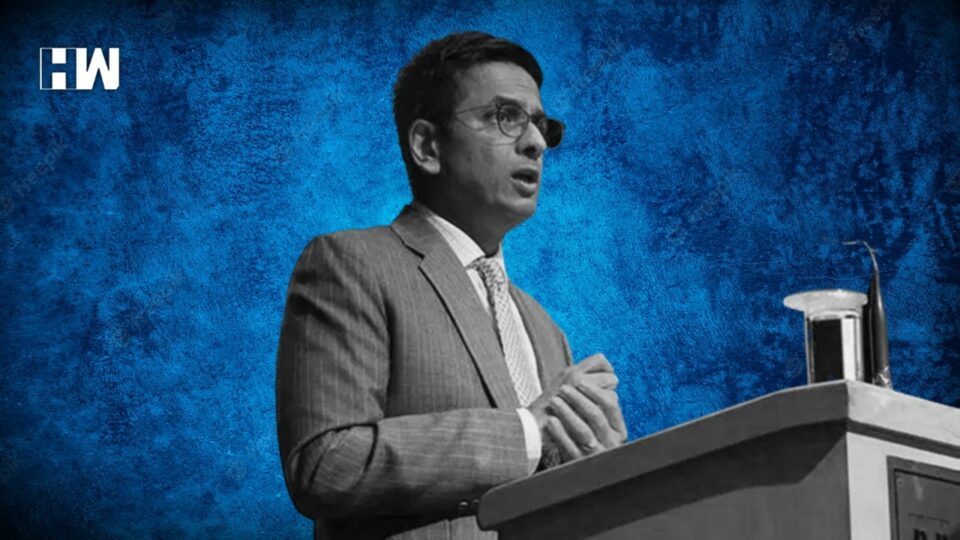In the presence of other judges of the Supreme Court, the letter was handed over to DY Chandrachud
New Delhi: Chief Justice of India Uday Umesh Lalit suggested Justice DY Chandrachud as his successor. He handed over a letter to Justice DY Chandrachud on Tuesday morning. In the letter, he designated him as the next CJI.
In the presence of other judges of the Supreme Court, the letter was handed over to him.
Later in this regard, Justice Lalit will also write back to the Union Law Ministry. The central government had requested this week that he designate his successor before he departs on November 8. When he succeeded Justice NV Ramana, he assumed leadership in August.
As per the protocol the Law Ministry wrote to the CJI around a month before the due date of retirement to seek the successor’s name.
Usually one has to revert back within 28 and 30 days before the retirement date. As a matter of tradition, the CJI’s successor is chosen from among those who follow him in seniority.
After Justice UU Lalit retires Supreme Court will get its 50th CJI.
Also Read: Meet Justice Chandrachud, The CJI In Waiting, Who Overturned His Father’s Verdicts
Who is DY Chandrachud?
Son of India’s longest-serving chief justice, YV Chandrachud, Justice Dhananjaya Yeshwant Chandrachud completed his LLB at Delhi University. He then studied at Harvard University after receiving the prestigious Inlaks Scholarship. At Harvard, he completed his Masters in Law (LLM) and Doctorate in Juridical Sciences (SJD).
Justice Chandrachud practiced as an advocate in the Supreme Court and the High Courts of Gujarat, Calcutta, Allahabad, Madhya Pradesh, and Delhi before becoming a judge of the Bombay High Court.
He appeared before the Company Law Board, the Monopolies & Restricted Trade Practices (MRTP) Commission, the Foreign Exchange Regulation Act (FERA) Board, and National and State Commissions. He was designated as a Senior Advocate by the Bombay High Court in 1998.
DY Chandrachud served as the Additional Solicitor General of India from 1998 to 2000. As an advocate, Justice Chandrachud’s most significant cases have involved constitutional and administrative law, the rights of HIV+ workers, religious and linguistic minority rights, and labor and industrial laws.
As an independent media platform, we do not take advertisements from governments and corporate houses. It is you, our readers, who have supported us on our journey to do honest and unbiased journalism. Please contribute, so that we can continue to do the same in future.


‘Sexist Shaktiman’; Mukesh Khanna Under Fire For “If A Girl Wants Sex…” Remark